Assess Your Heart Attack and Stroke Risk
For many people, the first sign of a heart attack or stroke is the heart attack or stroke itself. Take a look at the list below to determine if you have any of the risk factors to do everything in your power to prevent irreversible damage.
- Male over 55 years old
- Female over 65 years old
- Family history of early cardiovascular disease (affected before the age groups listed above)
- A waist circumference over 35 inches for females or 40 inches for males
- Underweight, overweight, or obese
- A resting pulse greater than 75 beats per minute or you don’t know your resting pulse rate
- Blood pressure greater than 120/80 or taking medication for blood pressure control OR you don’t know your BP
- Total cholesterol greater than 200 mg/dL or taking medication for cholesterol control OR you don’t know your total cholesterol
- HDL (good) cholesterol level under 60 mg/dL for women or under 50mg/dL for men OR you don’t know your HDL
- LDL (bad) cholesterol level greater than 100 mg/dL OR you don’t know your LDL
- Triglycerides higher than 150 mg/dL OR you don’t know you triglyceride levels
- Prediabetic, diabetic, or unsure
- Bleeding gums or you usually don’t floss your teeth
- Restless sleep or nightly sleeping less than 6 or more than 9 hours a night
- Snoring and/or sleep apnea
- Inflammatory diseases such as rheumatoid arthritis, psoriasis, lupus
- Vitamin D level less than 30 OR you don’t know your Vitamin D level
- Migraine headaches
- Difficulty coping with stress
- 11+ hours/day sitting
- Less than 30 minutes/day of exercise
- Smokers and those exposed to secondhand smoke
- Consumption of sodas
- Heavy simple carbohydrate consumption
- High blood pressure or gestational diabetes during pregnancy
- Erectile dysfunction
If you have any of the above mentioned conditions, you may be at risk for cardiovascular disease and it is recommended that you have a thorough evaluation by a prevention-based cardiologist or other physician.
